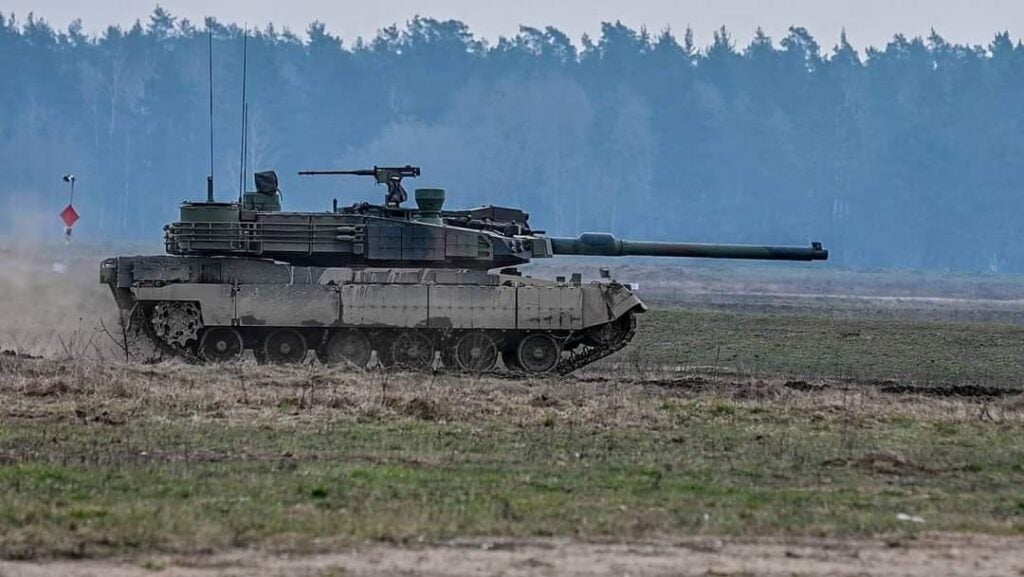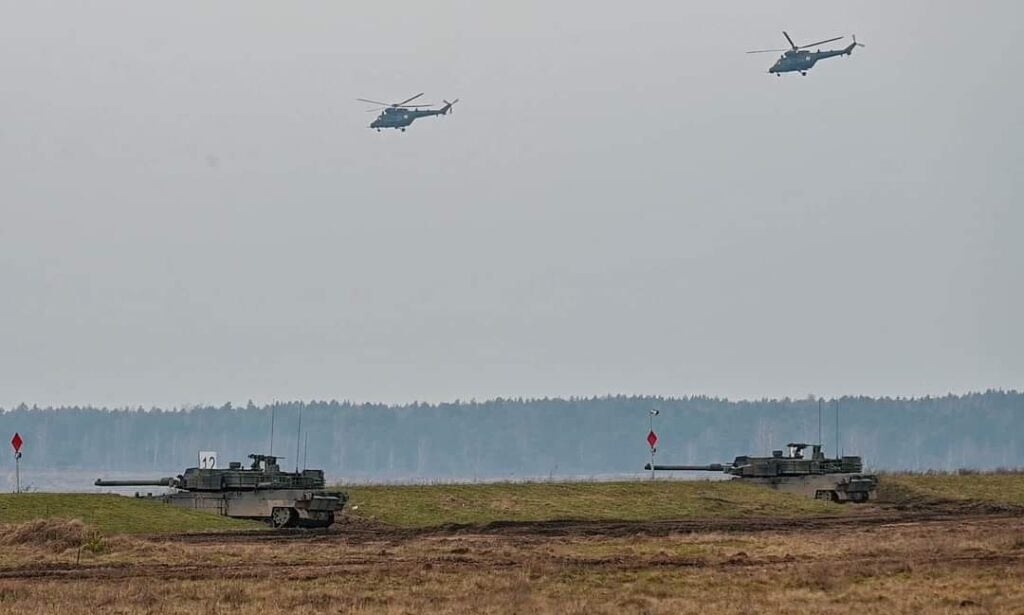Polish Government Seeking Domestic K2 Tank Production Agreement
The saga of the “Wolf” Program continues with the visit of a Polish inter-departmental delegation to Seoul earlier this week. The vice-minister of National Defense and the vice-minister of National Assets met with representatives of the South Korean Ministry of Defense and DAPA. The Polish Armed Forces have found themselves in a peculiar position with huge contracts granted for the procurement of K2 tanks and K9 howitzers, however, the planned domestication of production has not yet been settled and no licensing plans have so far been announced. As it stands the ‘Wilk’ or Wolf program is set to procure up to 1,000 K2 main battle tanks with plans to divide production between Poland and South Korea’s Hyundi Rotem.
Poland’s Minister of Defense Wladyslaw Kosiniak-Kamysz, declared he would like to manufacture K2 tanks in the H.Cegielski plant in Poznan, Western Poland.
The issue of local supply of vehicles and parts seems to be one of the most important lessons learned from Ukraine’s experiences. Especially in regards to the equipment procured from South Korea, Poland may find itself cut off from domestic maintenance of its vehicles. Such concerns arose after the announcement of Hanwha opening its bureau and possibly a service center in Poland.

Poland currently lacks the know-how and capabilities to manufacture modern hulls and tracks due to the deterioration of Polish heavy industry. Władysław Kosiniak-Kamysz, the Minister of National Defense, recently said “we found the Polish arms industry in an inefficient situation. Low production capacity, inefficiency of this production. Time is needed to fix this.” In the long term the government’s idea is that Poland’s massive orders from South Korean companies will aid in the redevelopment of manufacturing and maintenance capabilities.
The procurement and licensing of manufacture of K2PL is therefore essential to Poland’s defense industry. It is currently planned that up to 1,000 K2s will be procured, with manufacture of 820 K2PL variants to be split between the two countries. It remains to be seen what the production split will be.

